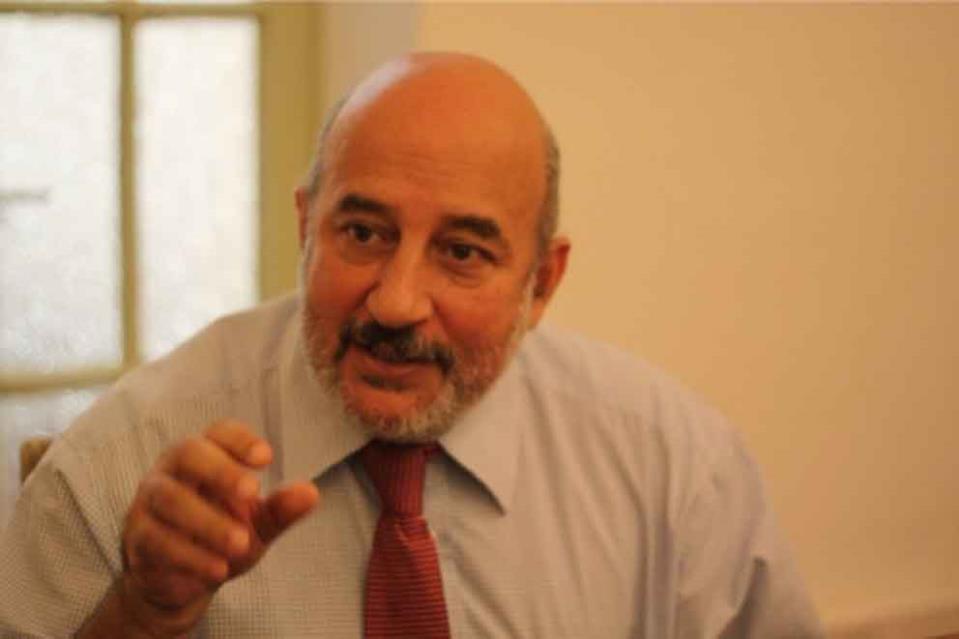The Finance Ministry told this newsroom that the new budgetary measure enforcing a 1967 law to encourage companies to employ persons with a disability will apply to all sectors of the economy, be it construction or otherwise.
"Through the innovative 2015 Budget scheme, the government will ensure the implementation and enforcement of the 1967 law requiring companies employing 20 or more persons to employ persons with disabilities.
"The 2% rule will continue to apply to these employers across all sectors of the economy," a spokesman for the ministry confirmed.
The ministry was replying to questions made by this newsroom if the law applies to all companies across the board, even ones which do not have clerical-related jobs on offer.
The new budgetary measure seeks to encourage the employment of persons with disability. The 1967 law stipulates a two per cent quota where two per cent of the workforce are to be made up of persons with a disability. Employers who refuse to abide by the law will be asked to pay a yearly compensation fee of €2,400 up to €10,000. Income from this fee will go towards a fund for persons with disability. The government, said the Finance Ministry, would rather see people working and contributing than seeing employers pay into the fund.

Employers' association raises many questions
The Malta Employers' Association director general Joe Farrugia has urged the government to consult with employers before enforcing quotas.
Speaking to this newsroom, the MEA said that it has always expressed itself in favour of integrating disabled persons in the labour force but there are questions that need to be answered.
How can companies employing 20 persons have two per cent of its workforce classified as disabled persons? What about unregistered disabled persons? What about partially disabled persons, are they also to be considered for the quota purposes?
Another question which is being raised is that if this new measure applies to all companies, be it construction companies or any other company whose nature of work is not exactly office related.
The MEA said that it is a fact that some companies/industries may face more difficulties than others in employing disabled persons.
"A particular issue that needs to be clarified is that disabled persons are not a homogenous group of people. They can range from people who have post-graduate degrees to others who have severe mental impairment.
"Many companies also employ persons with various levels of disability who are not on the disabled register, and who may be performing light or reduced duties due to physical limitations or others caused by disease.
"We believe that these should be taken into consideration before imposing penalties. Also, the size of company has to be specific. Currently, the 2% threshold for companies employing 20 persons or more is ambiguous.
"Raising the threshold to 50 persons will be more realistic and enforceable. This was not specified in the budget speech but reported by the KNPD. We understand and support initiatives that attempt to integrate more people with disabilities in dignified employment as part of a national strategy of active labour market policies," the MEA said.

Incorrect to state disabled persons cannot be employed in certain areas - KNDP
KNPD chairman Oliver Scicluna said that "while it is true that not every job entails the same capabilities and expertise, the same applies to persons with a disability.
"Not all persons with disability have the same impairment; there are persons with disability who are blind, deaf, those who have a physical or mobility impairment, have an intellectual disability or have mental health problems.
"Therefore, one is not correct when saying that disabled persons cannot be employed in certain areas which we stereotype as the sole dominion of able-bodied people, such as construction or even engineering. I personally know a person with a disability who works as a mechanic, and is quite successful at his job.
"Thus, one can never assume a priori that it is impossible to employ disabled persons to carry out certain jobs," he said.

Chamber says 1969 law provisions do not reflect today's realities
David Curmi, president of the Chamber of Commerce, said that the law in question has been in place since 1969, and its provisions reflect a reality which is very different to that of today. The fact that the law was never enforced suggests that legislators and regulators have encountered difficulties in enforcing its provisions.
"Overcoming inequality and creating an inclusive society is not an act of charity but an act of justice. Although this law has important benefits to society no consultation has taken place prior to the announcement of the measures announced in this year's Budget.
"This approach taken is not optimal because the inclusion of persons with disability in the labour market comes with its challenges, especially in certain economic sectors and for certain small companies with limited resources.
"In this regard the Malta Chamber calls for more discussion between the government and employers in order to identify the difficulties which employers are likely to face and to find suitable solutions which will encourage employers to employ disabled persons rather than pay the contribution," it said.